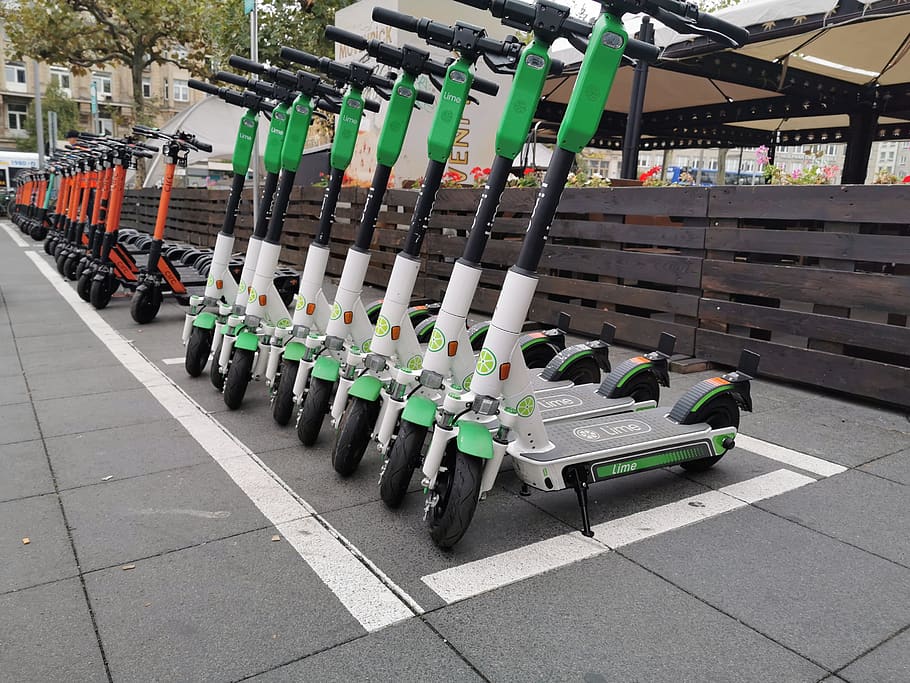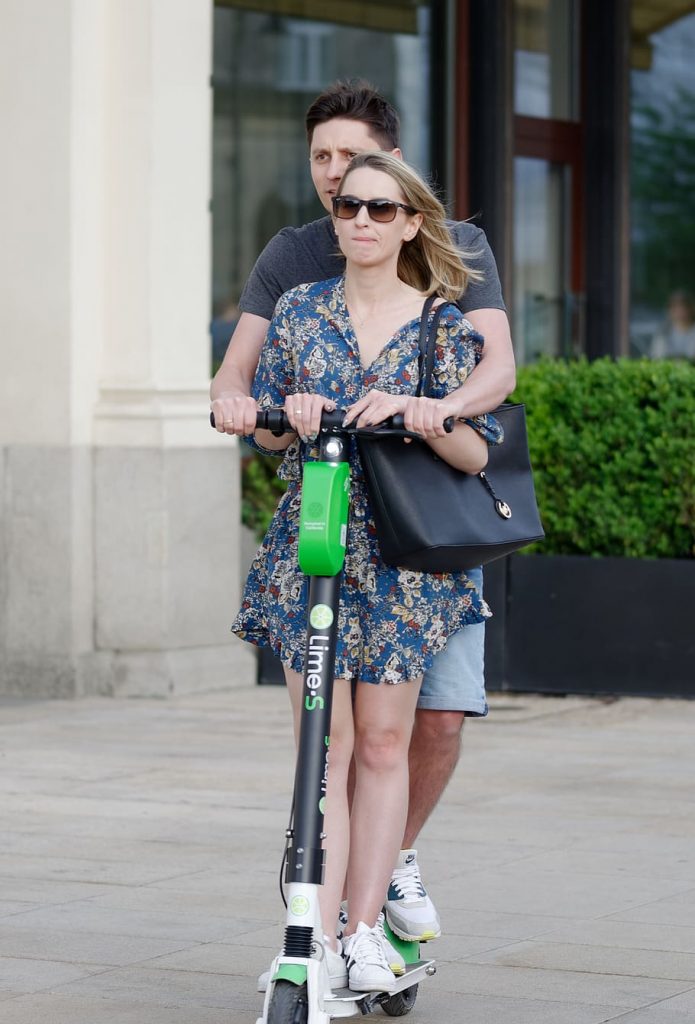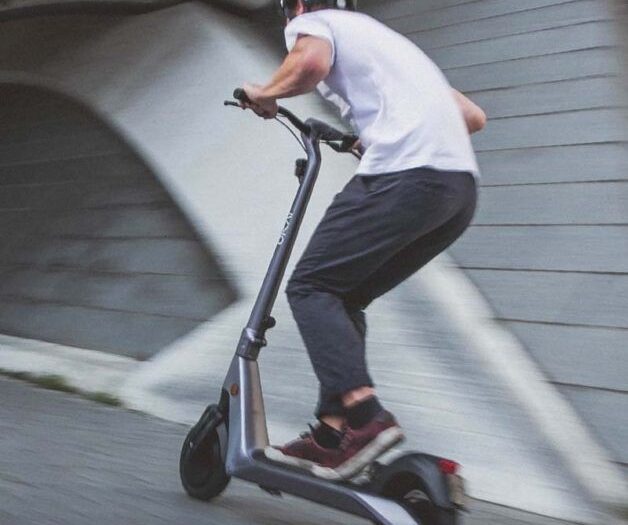YOU EITHER LOVE THEM or you hate them, but e-scooters polarise opinion like few other forms of transport. On the one hand, they are perfect for buzzing around the CBD or inner city, affordable from as little as 45 cents per minute or $15 for a whole day. Tourists love them, as do people who don’t want or can’t afford a car. On the other hand, pedestrians see them as a hazard, zooming up silently and often at high speed (they are limited to 25km/h but are only supposed to travel at 15km/h on footpaths) and a tripping hazard when they are casually dumped on footpaths or elsewhere when no longer needed. And riders seem determined to put themselves and others at risk by flouting or ignoring the rules, such as speed limits, wearing a helmet or carrying passengers.
Most cities around Australia have been trialling them to see if they provide a much-needed public transport option. Melbourne has been in the forefront but last Tuesday evening the council voted, by a margin of six to four, to cancel contracts with e-scooter companies Lime and Neutron.

To say it came as a surprise is an understatement.
The Victorian government, after a two-year trial, announced that share hire scooters would be permanently legalized from October. Lime and Neutron also seemed confident. Last month, Neuron revealed innovative plans to overcome some of the problems with e-scooters by fitting them with front-facing AI-powered camera to detect such behaviour as incorrect footpath usage, excessive speeding and others, and to suspend chronic and repeat offenders.
Traditional public transport has significant shortcomings. Catch a bus, train or tram in peak periods and you’re unlikely to get a seat. At other times, buses, trams and trains travel almost completely empty. Public transport reaches too few locations and usually entails a walk of one or two kilometres at either end (there is no public transport option for over 40 percent of the places people are going to).
At the council meeting, e-scooters were branded an unacceptable safety risk to the city.

Melbourne is far from the only major city to ban share-hire e-scooters. High profile cities like Paris, New York, Singapore, Jakarta and Shanghai have outlawed them. Others like Detroit, Cincinnati and St. Louis (to name just a few) have initiated curfews. Some cities like San Francisco and Copenhagen banned them, only to overturn the bans later.
e-scooters are at risk from both ends of the scale: they pose a risk to pedestrians, while they are, themselves, at risk from larger and faster moving vehicles. Riders who feel unsafe on the roads default to the footpath, and there are not enough bike lanes.
Some commentators have suggested that the ban will create more problems than it solves. Privately-owned e-scooters are proliferating and authorities have far less control over them. The ban will only serve to eliminate the version that is most controllable. There are more than 300,000 privately owned e-scooters in Australia, plus thousands more rental scooters. Naturally, different states have enacted different laws, causing more confusion. Currently, it is illegal to ride a privately-owned e-scooter in NSW, South Australia and the Northern Territory. Victorian regulations prohibit most newer model e-scooters in public. And yet e-scooters are readily available in all of them. Speed limits also vary wildly, from 10km/h to 25km/h. Some are permitted on footpaths or shared spaces while they are banned from them in other states (usually at lower speeds).
It remains to be seen what the consequences of Melbourne’s ban on e-scooters will be, and whether other Australian cities will follow the lead.
